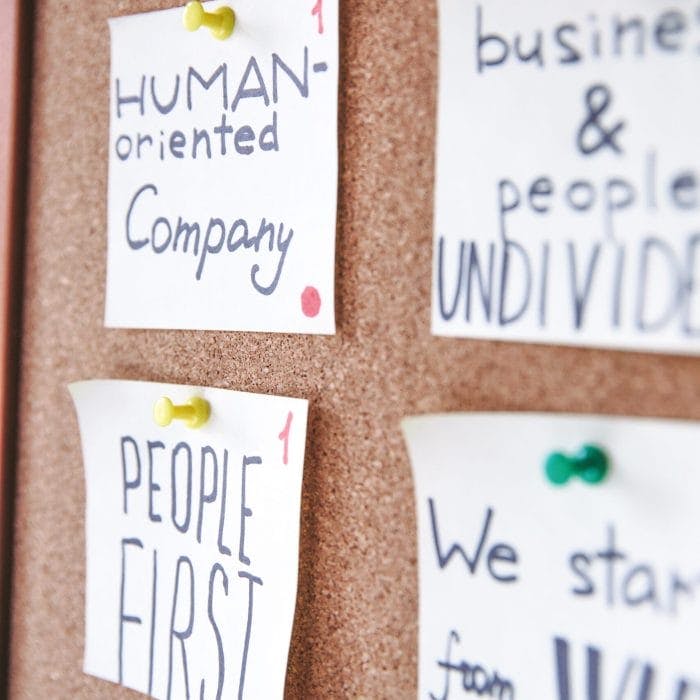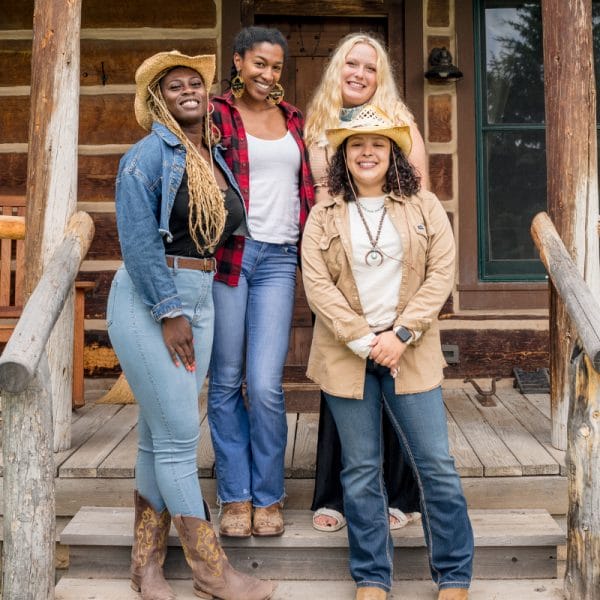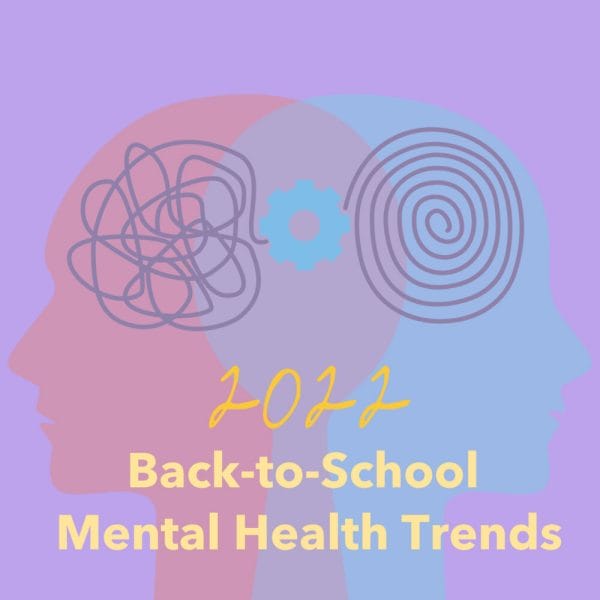Believe it or not, the royal road to happiness is purpose.
Last week Dr. Victor J. Strecher visited Hopelab as part of our guest speaker series. He shared his scientific work and an incredibly personal and moving story, about the death of his daughter, a vivid dream, and the birth of a new goal. Vic is the author of On Purpose, a beautifully illustrated graphic novel that takes readers on a one-of-a-kind journey, and the creator of dungbeetle.org, a free website that helps people discover their purpose in a highly interactive and creative way. The mobile app is equally fantastic. After Vic’s presentation, he and I talked about the things that matter most: purpose, happiness and self-transcendence. Once you’ve read the interview and explored the app, you’ll never look at the mating habits of dung beetles the same way again. I promise you.
Hopelab: How did you land on the idea that a sense of purpose is key to health and well-being?
Vic: I kind of backed into it. I was exploring questions like, “Why are people so defensive? And how do you reduce defensiveness?” Our modern research of behavior change, my own included, have given us useful but, in my opinion, somewhat shallow perspectives on why and how people make significant changes in their lives.
I also wanted to explore these questions from the perspectives of philosophy and religion as well as from science. This deep dive into the rabbit hole led me to the concept of the ego, which of course goes back thousands of years. Ego defense connected to Dr. Jennifer Crocker’s recent research on self-affirmation through the elaboration of core values and transcendence of ego as a way to reduce defensiveness. I was also impressed by the effectiveness of creating a discrepancy between a client’s core values and behavior used in Motivational Interviewing.
The approach Dr. James Loehr takes in his Human Performance Institute is to connect core values to a life “mission” or purpose. I started thinking about this connection three years ago as I had recently lost one of my primary life purposes when my 19-year-old daughter Julia died. The dots started to connect both personally and professionally as I learned more about core values affirmation, self-transcendence, ego, and life purpose. There is an emerging science but also an intriguing ancient philosophy to these concepts! This exploration, and my own efforts to “re-purpose” myself, was healing and I emerged from this rabbit hole with a commitment to help others find authentic purpose in their lives.
Hopelab: What are some facts about purpose that might astonish people?
Vic: People are amazed when they learn that having a strong purpose in life is associated with lower risk of Alzheimer’s Disease, heart attack, and stroke. Even with the repair of your DNA! People with a strong purpose are happier, more resilient, less likely to stereotype individuals, and even have better sex. What if a drug did those things? It would be the biggest selling drug in history. It would be in our drinking water.
Hopelab: Not everyone is guided by moral purposes. Some purposes are amoral or fundamentally immoral. Do the tyrant, cult leader, and psychopath derive health benefits from their purposes?
Vic: I’ve thought about this a lot. As my Dean likes to ask me: “Didn’t Hitler have a strong purpose?” I think there may be two directions in responding to this question. The first is that self-transcending values appear to act very differently than self-enhancing values. Self-enhancing values related to power, wealth, and attractiveness have been shown to result in greater ill-being (physical and psychological) while self-transcending values create greater well-being. We’re starting to explore how these two types of values are processed cognitively using functional magnetic resonance imaging. The other direction to the answer is that it seems advisable to have a purpose that “does no harm.”
Hopelab: Thank you, Vic, for visiting us today, for the presentation you gave earlier and your time just now. It’s been wonderful.
Vic: Thank you! My pleasure, really.





